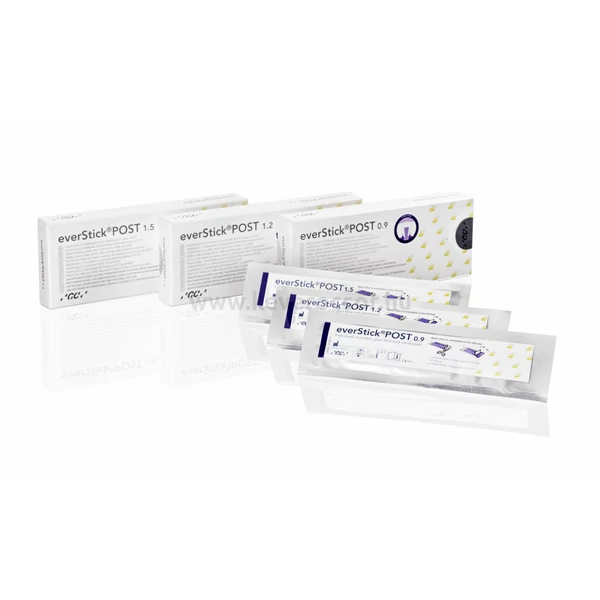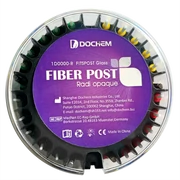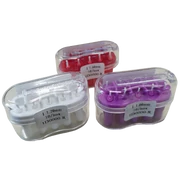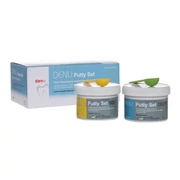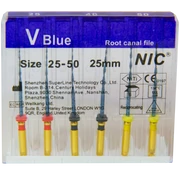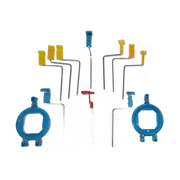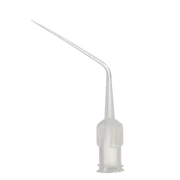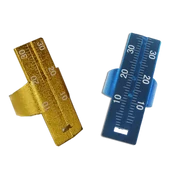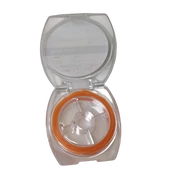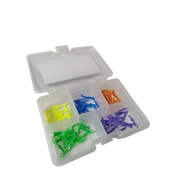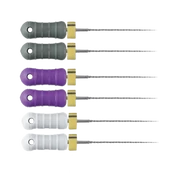| Please select the size: | Model: | Name: | Availability: | Price: | Add to cart |
|
0,9
|
10003430
|
GC EverStick Post, glass fibre pen (0.9) refill pack - 10 pcs.
|
Rendelésre (5 nap)
|
EUR 111.76 (EUR 111.76 + VAT)
|
|
|
1,2
|
10003431
|
GC EverStick Post, glass fibre pen (1.2) refill pack - 10 pcs.
|
In stock
|
EUR 111.76 (EUR 111.76 + VAT)
|
|
|
1,5
|
10003432
|
GC EverStick Post, glass fibre pen (1.5) refill pack - 10 pcs.
|
In stock
|
EUR 111.76 (EUR 111.76 + VAT)
|
Description
The everStickPOST is a flexible, unpolymerised glass fibre post impregnated with polymer (PMMA) and resin (Bis-GMA). The polymerisation of this material creates a post with high flexural strength and elasticity, which is similar to the natural elasticity of dentin.
This distributes the occlusal pressure evenly over the entire root structure. Adhesive and micromechanical bonding to resin cement and
to resin cement and composite to ensure a sufficiently strong bond with the root canal and the composite stump.
When using everStickPOST, root canal preparation should be less extensive than with conventional posts. This protects the dentin and minimises the risk of perforation. The pulp chamber of the root canal can be completely filled with glass fibres instead of cement. When the post is shaped according to the morphology of the canal and the root canal is filled with glass fibres, the bonding surface and the strength of the most critical part of the tooth are maximised.
Thanks to this unique feature, the everStickPOST glass fibre tap is also suitable for curved and oval canals into which several taps with different lengths and diameters would have to be inserted. The everStickPOST can also be used in traditionally prepared and dilated root canals.
Features:
- Shape: Disposable bundle made from E-glass fibres
- Diameter: 0.9, 1.2 or 1.5 mm
- Fibre quantity per bundle: ~1600, 2000 or 4000 individual fibres
- Enables shaping of the coronal part: provides optimal support for the crown
- Minimises root canal preparation: reduces the risk of canal perforation
- Provides greater bond strength between composite core and cement, reducing the risk of microleakage
